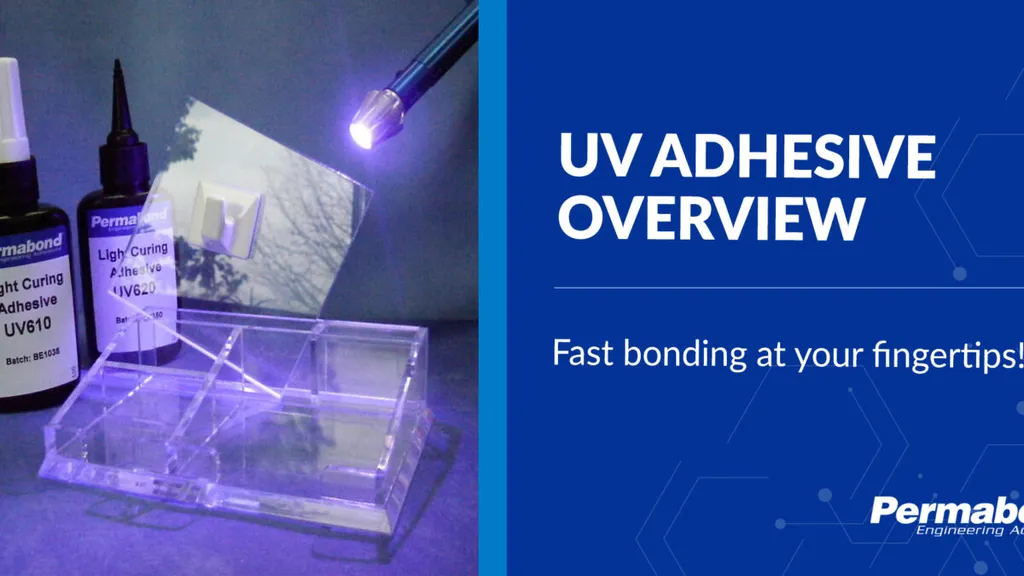In a groundbreaking development poised to revolutionize the adhesives industry, researchers have created a novel, eco-friendly adhesive that can be detached using ultraviolet (UV) light. This innovation, led by Muhammad Atif from the Chemistry Department at the University of Education, Vehari Campus in Punjab, Pakistan, offers a sustainable alternative to traditional permanent adhesives, addressing long-standing challenges in component repair, recycling, and reworkability.
The study, published in the journal *Materials & Design* (which translates to *Materials and Design* in English), introduces a polyurethane-based adhesive derived from eucalyptus oil. This adhesive can be triggered to detach using UV light, eliminating the need for conventional photo-initiators. The research team synthesized three formulations and subjected them to rigorous testing, including the single lap joint (SLJ) test under 365 nm UV light.
One of the standout formulations, S3, demonstrated remarkable performance, achieving seven repeatable UV-triggered debonding cycles. “Formulation S3 maintained adhesion under a 200 g load for two hours, significantly outperforming the other formulations,” Atif explained. This durability and repeatability suggest that the adhesive could be a game-changer for industries requiring reliable yet reversible bonding solutions.
The adhesive’s unique properties are attributed to the 1,8-cineole–DMG linkages, which act as light-cleavable sites, enabling efficient bond release. This mechanism was confirmed through Fourier-transform infrared (FTIR) spectroscopy, which monitored molecular changes during the detachment process.
The implications for the energy sector are substantial. Traditional adhesives often pose challenges in terms of sustainability and reworkability, limiting their applications in industries where component repair and recycling are critical. This new adhesive technology offers a more sustainable and flexible solution, potentially reducing waste and improving the lifecycle of various components.
As the world increasingly focuses on sustainability and circular economy principles, innovations like this are crucial. “This research presents a photo-initiator-free, bio-based adhesive design offering controllable, UV-responsive debonding and recyclability,” Atif noted. The study not only advances the field of smart adhesives but also sets a precedent for future developments in sustainable materials.
The research highlights the potential for bio-based materials to replace conventional, often environmentally harmful adhesives. By leveraging plant-based monomers and UV-responsive mechanisms, the study opens new avenues for creating eco-friendly and efficient bonding solutions. This could lead to broader applications in various industries, from construction to electronics, where reversible and recyclable adhesives are in high demand.
In conclusion, this groundbreaking research offers a glimpse into the future of adhesive technologies, where sustainability and functionality go hand in hand. As industries continue to seek innovative solutions to meet environmental and performance demands, this UV-responsive adhesive could play a pivotal role in shaping the next generation of materials.

